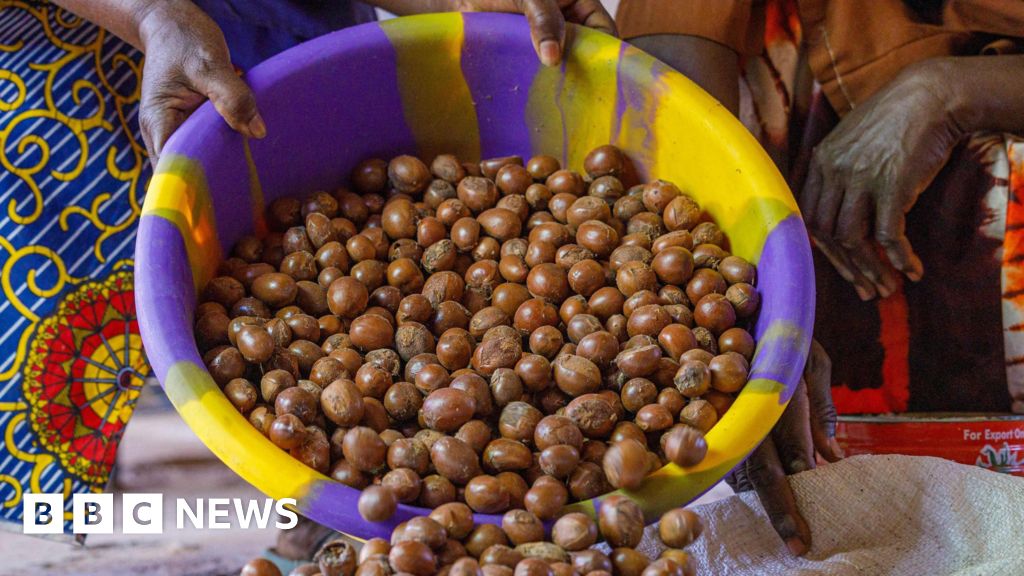The pharma firm, based in Mumbai, creates a range of pills that mimic legitimate medications but are dangerously addictive. The drugs, containing a potent mix of tapentadol—a strong opioid—and carisoprodol—a banned muscle relaxant in Europe—are sold cheaply on the streets of West African cities, making them highly appealing to youth and vulnerable populations. The documentary uncovered that Aveo's director, Vinod Sharma, acknowledged the harmfulness of their products during an undercover meeting, yet prioritized the business aspect over the health implications.
As the crisis deepens, with thousands of Nigerian youth reportedly abusing opioids, local authorities in affected areas are taking action. In northern Ghana, community leaders have organized citizen task forces to combat the spread of these drugs, attempting to seize and destroy supplies in a symbolic gesture against the escalating addiction crisis.
Despite the recognition of regulatory need by the Indian government, the ongoing production and export of these unlicensed drugs continue unabated. The crisis underscores a broader issue of illegal drug exportation across various regions coupled with the urgent need for stringent regulatory measures to protect vulnerable populations. While efforts are underway to combat this crisis at a community level in West Africa, significant challenges remain in addressing the root causes of this growing epidemic.
In essence, the revelations from BBC’s investigation shine a light on a multi-layered crisis—where the intersection of drug manufacture, regulatory neglect, and public health severely impact communities across West Africa.
As the crisis deepens, with thousands of Nigerian youth reportedly abusing opioids, local authorities in affected areas are taking action. In northern Ghana, community leaders have organized citizen task forces to combat the spread of these drugs, attempting to seize and destroy supplies in a symbolic gesture against the escalating addiction crisis.
Despite the recognition of regulatory need by the Indian government, the ongoing production and export of these unlicensed drugs continue unabated. The crisis underscores a broader issue of illegal drug exportation across various regions coupled with the urgent need for stringent regulatory measures to protect vulnerable populations. While efforts are underway to combat this crisis at a community level in West Africa, significant challenges remain in addressing the root causes of this growing epidemic.
In essence, the revelations from BBC’s investigation shine a light on a multi-layered crisis—where the intersection of drug manufacture, regulatory neglect, and public health severely impact communities across West Africa.






















